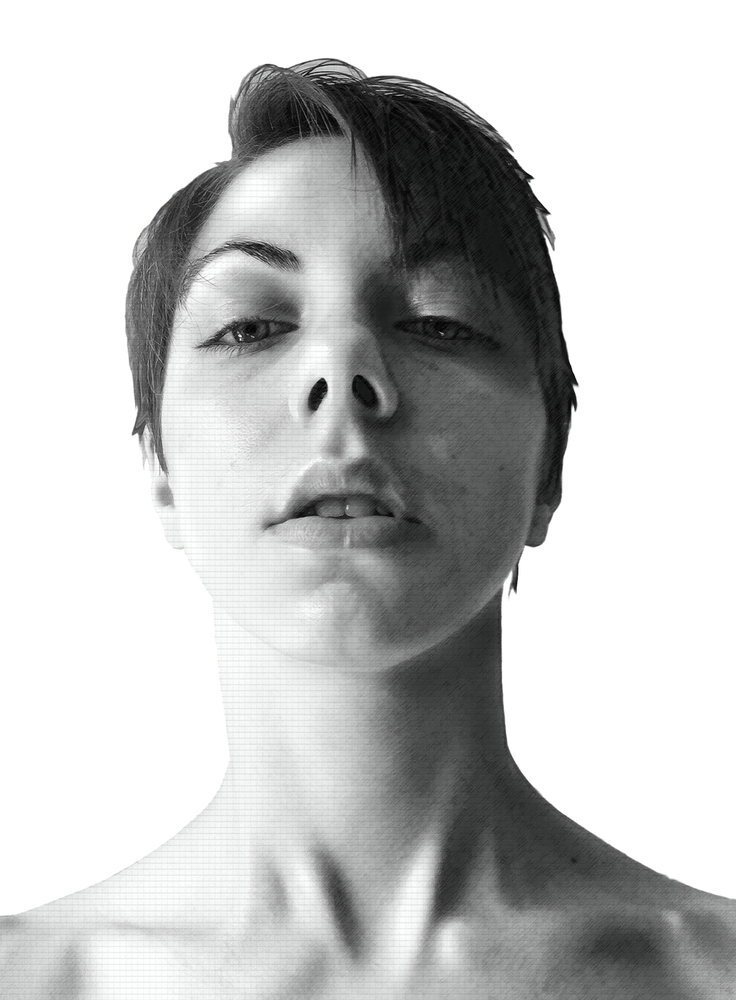Artist
Chuck Close is an artist whose career began with early work in superrealism (also known as photorealism). He gained fame in the 1960s with his massive scale portraits, which he created by using gridded photographs and carefully copying one square at a time. At first glance, his subjects often look posed for a photo ID, but upon closer inspection, there are often small emotional details that give his portraits more of a living “aura”. His influence has radically changed the definition of modern portraiture. Throughout his career (which continues today) he experimented with varied drawing and painting techniques, such as ink, graphite, printmaking techniques, etc.
